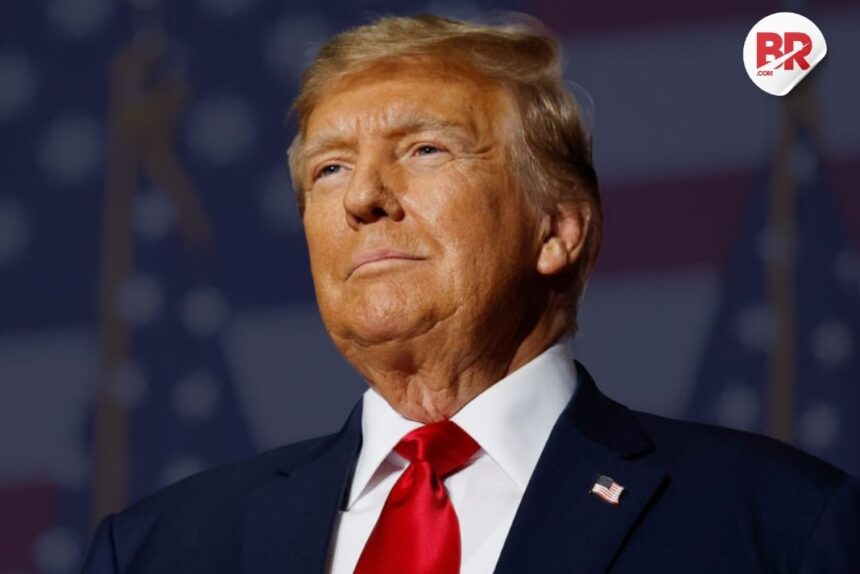American shoppers kept spending in July, even as President Donald Trump’s tariffs made some products more expensive and slowed down hiring.
Retail sales grew 0.5% in July, according to the Commerce Department. This was slower than June’s revised 0.9% rise, but it matched what economists expected. The July increase followed two months of declines in April and May.
- Auto sales jumped 1.6%, after earlier ups and downs caused by Trump’s 25% tariff on imported cars and parts.
- Online shopping grew 0.8%.
- Furniture and home goods rose 1.4%.
- Clothing sales increased 0.7%.
- Electronics dropped 0.6%.
- Restaurants fell 0.4%, as more people cooked at home to save money.
Even though shoppers are still spending, tariffs are hurting the job market. The US added only 73,000 jobs in July, far below the expected 115,000.
Inflation remained stable in July:
- Prices overall were unchanged from June.
- Consumer prices were 2.7% higher than a year ago.
- Core inflation (excluding food and energy) rose 3.1%, above the Federal Reserve’s 2% target.
Some businesses are struggling with rising costs. Many companies are still absorbing extra expenses from Trump’s 10% universal tariff and higher duties on goods from countries like China and Canada. But wholesale prices — what companies pay before products reach consumers — rose 0.9% in July, the biggest monthly jump in over three years.
Major retailers like Walmart and Target will release earnings reports soon. Investors will watch closely to see how much of the tariff costs are passed on to customers. Walmart has already warned about higher prices — for example, bananas went up from 50 to 54 cents per pound, and child car seats from China could rise by about $100.
Read more: Trump Says Russia Lost India as Oil Client After 50% Tariffs; Warns of Sanctions on China
Other companies, including Procter & Gamble, Ralph Lauren, and Warby Parker, are raising prices to handle tariffs. Warby Parker plans to keep its popular $95 glasses option, but will charge more for premium lenses like progressives, trifocals, and bifocals — which are in high demand among older customers.
Despite the challenges, Warby Parker’s CEO Neil Blumenthal said that selective price increases have actually helped the company grow.
Also See: India’s Exports Rise 7% in July, But Trade Deficit Widens to $27.4B — Highest in 8 Months




